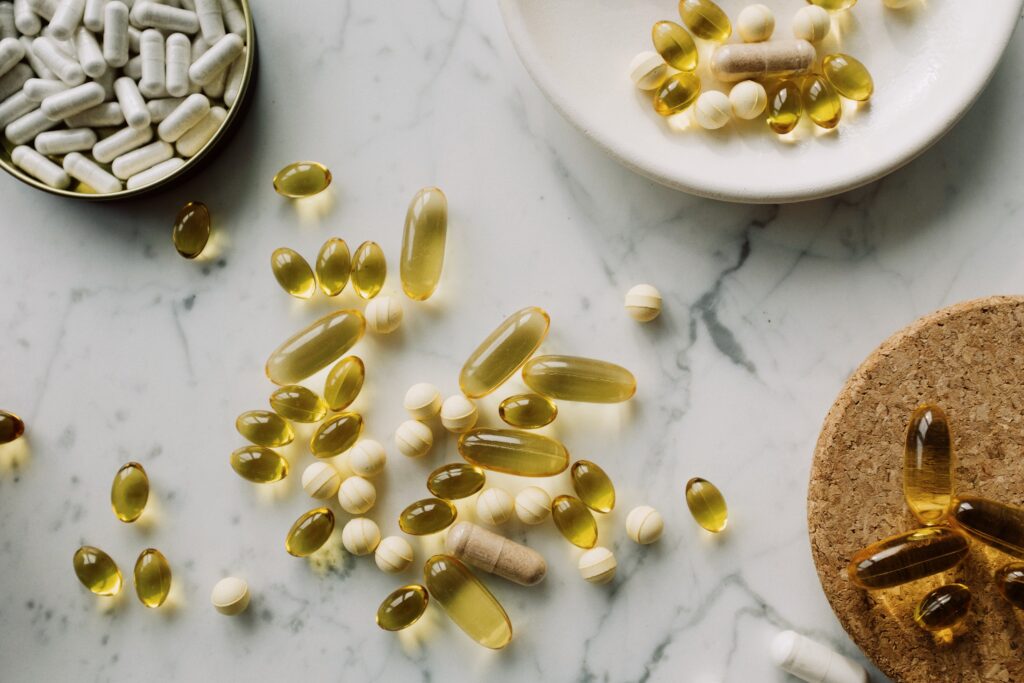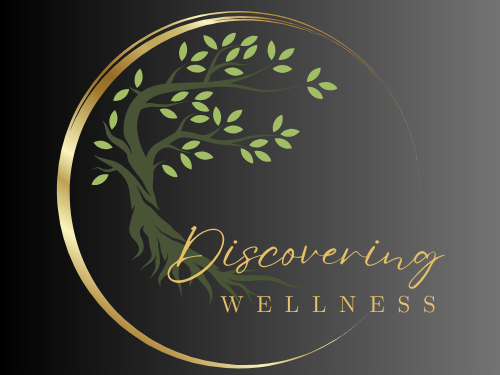
Biotin: Get the Facts on This B Vitamin Supplement
Biotin has become one of the most popular nutritional supplements on the market, largely thanks to claims that it can transform hair, skin, and nails. But before you jump on the biotin bandwagon, it’s important to separate fact from fiction. This article will dig into the science behind biotin, its real health benefits, and what to know before trying supplements.
What is Biotin?
Also known as vitamin B7, biotin is a B-complex vitamin that is water-soluble and essential in small amounts. Biotin assists enzymes that are critical for important metabolic functions like producing energy from fats, carbohydrates, and proteins. It also has a role in regulating gene expression.
Food sources of biotin include meat, fish, eggs, nuts, seeds, and some vegetables. The recommended daily intake for biotin is 30 micrograms for adults, with increased needs during pregnancy. Deficiency is rare, but can occur in those with inflammatory bowel disease, malnutrition, or a genetic disorder.
Biotin for Hair, Skin and Nails
Now for the question on everyone’s mind: can biotin improve hair, skin, and nails? There is some preliminary evidence that biotin contributes to better growth and quality in all these areas:
Hair: Biotin assists cell growth needed for healthy hair and scalp. It also enables key proteins, fatty acids, and nutrients needed for hair strength. Studies show biotin deficiency can cause brittle hair and hair loss.
Skin: Biotin enables fatty acid synthesis needed to maintain skin’s youthful appearance. It also assists collagen production which provides skin structure and reduces dryness.
Nails: The protein keratin is biotin-dependent, making this vitamin important for nail growth and strength. Brittle, weak nails can be a sign of deficiency.
However, research on biotin’s specific beauty benefits remains fairly limited. Many of the promising studies were done on those with underlying deficiencies or medical conditions causing hair and nail issues. More research is needed on effects in generally healthy populations.
Biotin Supplements: Benefits and Dosage
For those with a clear biotin deficiency, supplementation may restore hair, skin, and nail health. Smokers, pregnant women, and those taking certain medicines may benefit from biotin supplementation under medical supervision.
Doses used in deficiency treatment range from 1,000-10,000 mcg per day. However, there is no good evidence that mega-doses beyond the daily requirement provide beauty benefits for those without deficiency. In fact, very high doses may potentially have harmful effects that are still unknown.
As with any supplement, it’s best to consult a doctor about your individual dosage needs and whether biotin is advisable. Unless correcting a deficiency, aim to meet biotin needs primarily through food sources like eggs, salmon, nuts and avocado rather than supplements.
Other Potential Benefits of Biotin
In addition to beauty benefits, some other speculative advantages have been proposed for biotin supplements:
- Blood sugar regulation – Some early research shows biotin may help improve insulin sensitivity and blood sugar control. Much more research is needed.
- Thyroid function – Biotin may benefit thyroid health in those with deficiency. Effects in healthy individuals are unlikely.
- Energy levels – While biotin enables energy production, evidence is lacking on supplements providing an energy boost in those without deficiency.
- Cholesterol and heart health – Biotin’s role in cholesterol synthesis may have benefits, but data is limited. More research is required.
The Bottom Line
In conclusion, biotin is an essential vitamin that may give some benefit for hair, skin and nails in cases of clear deficiency. However, be wary of overblown claims for beauty and energy. As with any supplement, consult your doctor before starting biotin to discuss proper dosage and if supplementation is right for your individual health needs.



